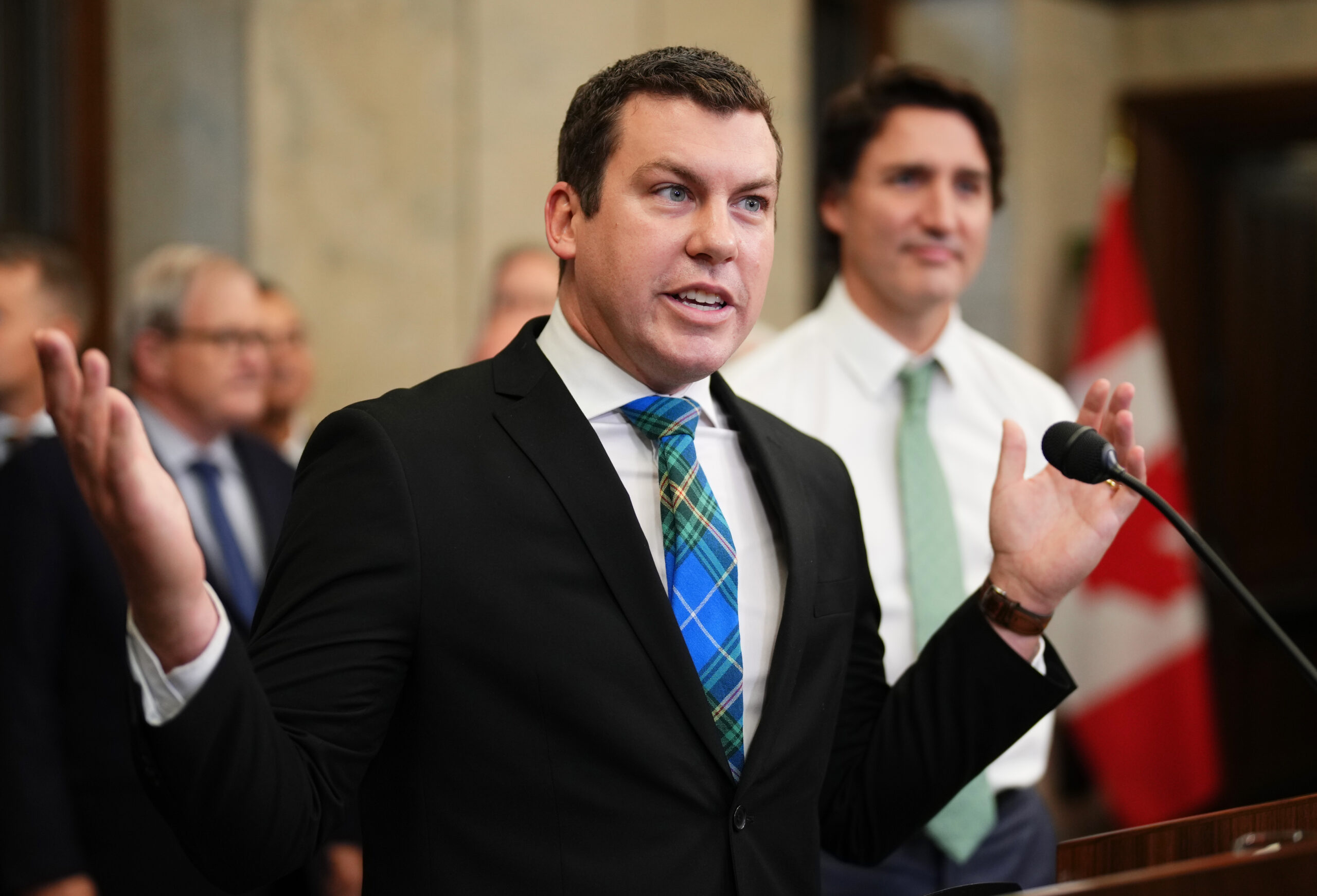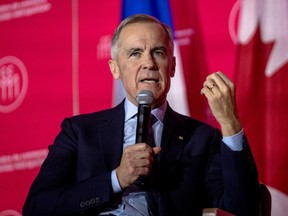Politics
Canada Responds to Chinese Tariffs Impacting Canola Producers

Canadian officials are taking steps to address the significant impact of Chinese tariffs on canola producers. Prime Minister Mark Carney announced that he, alongside senior officials, will work to resolve the escalating trade dispute with Beijing. This comes after China imposed a 75.8 percent tariff on Canadian canola seed, which was widely interpreted as retaliation for Canada’s earlier 100 percent tariff on Chinese electric vehicles.
Trade Mission to China
As part of efforts to mitigate the situation, Carney’s office revealed that Kody Blois, the parliamentary secretary to the Prime Minister, will join Scott Moe, the Premier of Saskatchewan, on a trade mission to China scheduled for this Saturday. Moe had previously urged Carney to engage directly with Chinese President Xi Jinping to seek a resolution to the ongoing trade conflict.
The canola sector is particularly vulnerable, as it was Manitoba’s largest export to China last year, generating approximately $649 million. The recent tariffs have added considerable strain on Canadian farmers, with Chuck Penner, a market analyst, estimating that producers have lost at least $140 million over the past two weeks alone. Cumulatively, losses since March have reached around $800 million.
Political and Economic Implications
China’s Ministry of Commerce has justified these tariffs by alleging that Canadian companies were engaging in unfair trade practices, harming China’s domestic canola oil market. In contrast, Ottawa insists that its exporters are compliant with international trade regulations. This complex situation puts political pressure on Carney’s administration as it navigates the interests of both the automotive and agricultural sectors.
The anticipated harvest for canola this year is expected to be larger than in previous years, according to Chris Davison from the Canola Council of Canada. However, this could lead to an oversupply, potentially driving prices down further. Farmers are facing a challenging landscape as they gear up for the harvest, with the financial ramifications of these tariffs threatening their stability.
“The market disruptions could affect our harvest plans and financial stability,” stated Simon Ellis, co-owner of Black Creek Farm. “It’s a tough situation for us and many other farmers.”
The ongoing trade conflict is not merely an economic issue but one that could have lasting political ramifications. The dynamics of the trade dispute may serve to deepen divisions between eastern and western Canada, as the government’s support of the automotive sector in Ontario contrasts sharply with the struggles faced by farmers in Manitoba, Saskatchewan, and Alberta.
As the situation evolves, it remains critical for the Canadian government to balance the competing interests of its industries. The outcome of the trade mission to China and the government’s forthcoming support measures for canola producers will be pivotal in shaping the future of this vital sector.
-

 Politics4 weeks ago
Politics4 weeks agoSecwepemc First Nation Seeks Aboriginal Title Over Kamloops Area
-

 World5 months ago
World5 months agoScientists Unearth Ancient Antarctic Ice to Unlock Climate Secrets
-

 Entertainment5 months ago
Entertainment5 months agoTrump and McCormick to Announce $70 Billion Energy Investments
-

 Science5 months ago
Science5 months agoFour Astronauts Return to Earth After International Space Station Mission
-

 Lifestyle5 months ago
Lifestyle5 months agoTransLink Launches Food Truck Program to Boost Revenue in Vancouver
-

 Technology3 months ago
Technology3 months agoApple Notes Enhances Functionality with Markdown Support in macOS 26
-

 Lifestyle3 months ago
Lifestyle3 months agoManitoba’s Burger Champion Shines Again Amid Dining Innovations
-

 Top Stories2 months ago
Top Stories2 months agoUrgent Update: Fatal Crash on Highway 99 Claims Life of Pitt Meadows Man
-

 Politics4 months ago
Politics4 months agoUkrainian Tennis Star Elina Svitolina Faces Death Threats Online
-

 Sports5 months ago
Sports5 months agoSearch Underway for Missing Hunter Amid Hokkaido Bear Emergency
-

 Politics5 months ago
Politics5 months agoCarney Engages First Nations Leaders at Development Law Summit
-

 Technology5 months ago
Technology5 months agoFrosthaven Launches Early Access on July 31, 2025





















